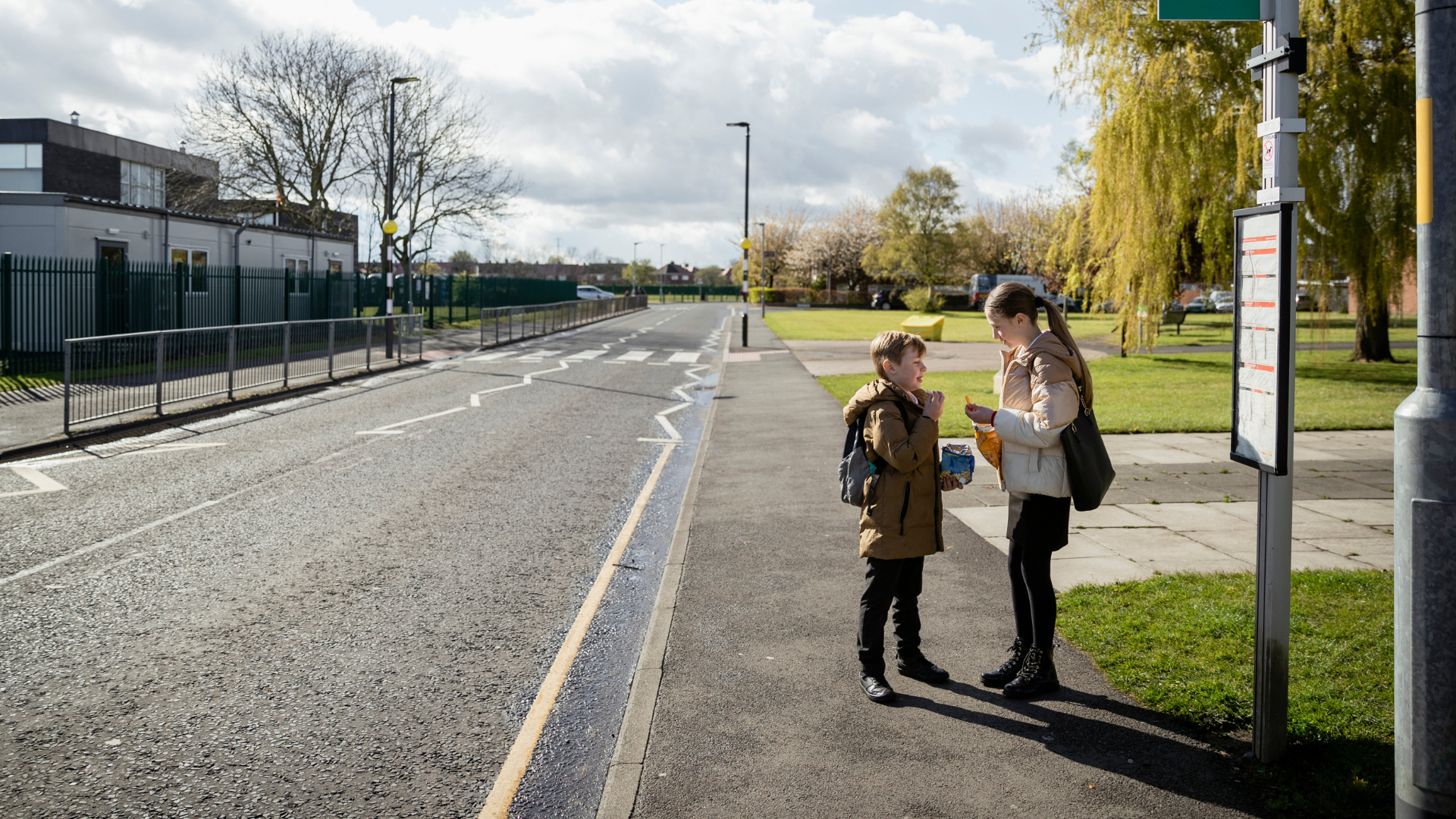England’s largest councils are grappling with escalating challenges as the cost of school transport for children with special education needs and disabilities (SEND) is set to triple to £1.125 billion over the next decade, jeopardising financial sustainability.
What are the Key Challenges?
A new report by the Isos Partnership for the County Councils Network (CCN) reveals that factors such as increasing numbers of eligible SEND pupils and parental expectations for personalised travel arrangements are contributing to this crisis. Taxis have now equalled minibuses as the most common form of council-funded school transport, surpassing spending on vital services like Sure Start, Family Services, and Youth Services combined.
An Urgent Call for Action from Council leaders:
Council leaders urgently appeal to the government for an emergency injection of resources in the upcoming Autumn Statement to prevent the financial collapse of their authorities. The report recommends reforms, including a national means-testing policy, to address the mounting challenges in home-to-school transport and SEND legislation.
Report Findings:
- This year, spending on school transport is expected to exceed £1.1 billion, with over two-thirds dedicated to transporting 85,000 SEND pupils.
- Projections indicate a threefold increase in costs over the next decade due to the surge in Education, Health, and Care Plans (EHCPs), doubling from 105,000 to 230,000 in 2023.
- Individual taxis, driven by complex needs and parental expectations, increased by 36% from 2019 to 2023.
At RLDatix, we understand the daunting challenges faced by councils in managing the soaring costs and complexities of home-to-school transport for children with special education needs and disabilities (SEND). That’s why over the years we’ve collaborated closely with councils to develop Flexiroute, a comprehensive transport management system designed to alleviate these challenges and drive positive change.
Continuing to support councils, Flexiroute offers ongoing assistance in managing the complexities of home-to-school transport. Our commitment extends to providing real-time tracking, enabling better oversight and accountability. Through continuous collaboration, we assist councils in adapting to evolving demands, implementing best practices, and maintaining a cost-effective and sustainable transport system built to reduce travel times and drive down costs.




